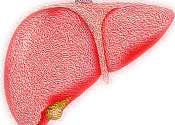How the body responds to exercise at the cellular level
Researchers have long been fascinated by the possibility that exercise causes various cells in our body to produce molecules that benefit human health, says Jonathan Long, assistant professor of pathology at Stanford University.
Jun 16, 2023
0
76









